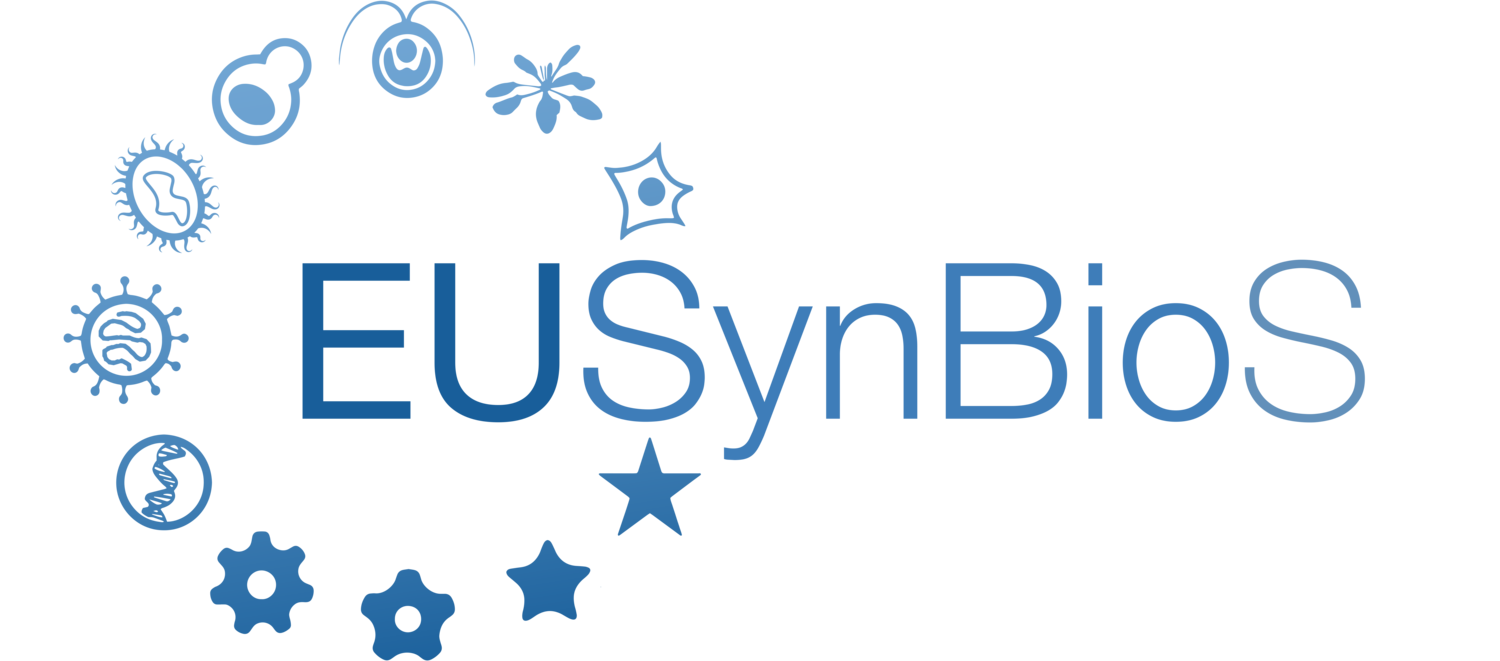3 Questions for Prof. Barbara Di Ventura
In our most recent iteration of the ‘3 Questions For’ interview format, we speak with Prof. Barbara Di Ventura at the BIOSS Centre for Biological Signalling Studies at the University of Freiburg, Germany. Her group is pushing the boundaries of optogenetics and uses light-regulated methods to study cell division and chromosome segregation in bacteria. Herein, and in general, the Di Ventura lab has a strong focus on protein dynamics.
When and why did you move into the field of synthetic biology?
I would say 2002 is the year that marks my entry into the field of synthetic biology. After I graduated in Computer Engineering at the University of Rome “La Sapienza” I moved to Heidelberg to start my PhD at the EMBL in the group of Luis Serrano. At the beginning, the idea was for me to do only mathematical modeling of biological processes. After some months, however, Luis told me I should rather learn to do experiments on my own not to have to wait for others to give me data to model. That’s when I came into the field of synthetic biology, as the project I selected dealt with the transplantation of the p53-Mdm2 module into yeast to study its properties as an oscillator. I think that for someone like me who trained as an engineer, synthetic biology is the most natural way of entering into molecular biology. Eventually we are engineering cells instead of cars or buildings! And we do use computers a lot.
What is the single most important piece of advice that you would give to a current PhD student or a post-doc?
To those working in the field of synthetic biology I would say: take the chance to make the world a better place! To those not working in the field of synthetic biology I would say: what are you waiting for? Join synbio!!
In which areas do you see the main challenges and opportunities for synthetic biology?
The first area that comes into my mind is medicine. There is so much that synthetic biology can do here. The most intriguing to me is the transformation of the concept of treatment from “taking a drug” into “having a synthetic circuit monitor your state of health and react in case anything goes wrong”. Of course, the challenges are many since we need to break down the natural – and understandable – barrier of fear and skepticism that surrounds the idea of introducing something man-made (yet living!!) into our bodies. Moreover, we surely need to go down a long way to make sure that this method is safe and effective. Beyond medicine, synthetic biology can bring a revolution in so many other fields – energy, food production, environment, just to name a few.

